Do K-12 Schools Prepare Students for College? Not Enough, Say Professors and Students at Houston Christian University
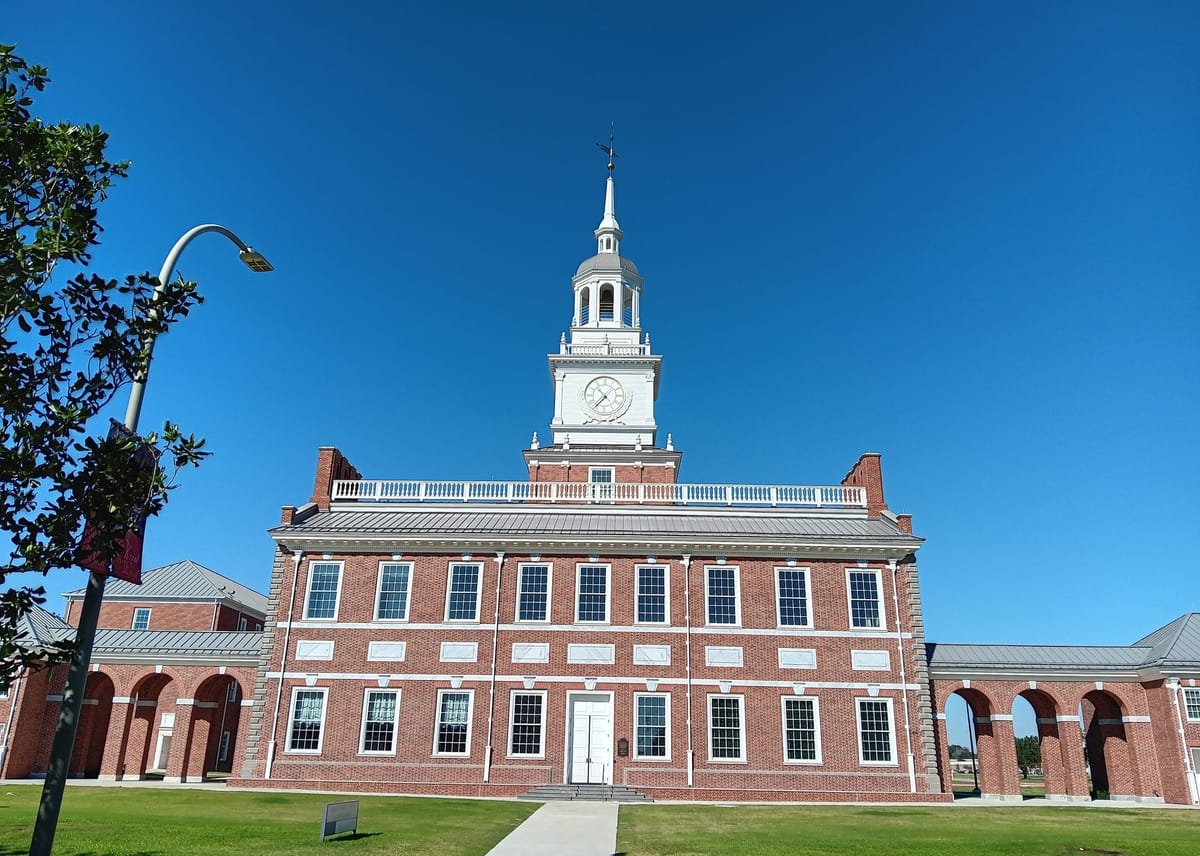
Dr. Marian Zaki remembers being shocked when her 4th grader in Fort Bend ISD came home with worksheets and no textbook. Where was she supposed to find information to help her daughter understand the problems? “The internet,” said her daughter’s teacher.
It was difficult to find solid, relevant, age-appropriate material on the internet, which is “filled with misleading information,” said Zaki. Sifting through it took her hours.
Curious, she started questioning her computer science students at Houston Christian University in Sharpstown. Many of them came from high schools where they weren’t assigned textbooks either.
It explained something she had noticed: “Students lost the skill of being able to read…. They’re no longer willing to open up a textbook and read structured content.”
“You can’t learn computer programming through…TikTok,” said Zaki. She says that when students take her advice to read a textbook, they improve. But many of her students have to learn that skill in college.
Zaki isn’t alone in her experience. Many other HCU professors have wondered why students haven’t learned things that they should have learned in middle or high school.
Math professor John Cowen said that most of the freshmen in two of his classes are operating at a 6th- or 7th-grade math level.
And several professors agreed with Zaki that many students don’t know how to read well, especially when it comes to digesting whole books. Many students also struggle to express their thoughts clearly in writing.
The Sharpener interviewed nine HCU professors and thirteen students to uncover what’s missing in students’ educational experiences before they enter the gates of college. Many professors clarified that “It’s not necessarily [the student’s] fault or [their] teacher’s fault,” as Cowen put it. And all professors expressed confidence that all students can grow and learn, regardless of background.
Still, the professors noted significant gaps in most students’ communication and math skills, history knowledge, and more. Students pointed out a different but overlapping set of concerns that also included teamwork, time management, and study skills.
This challenge isn’t isolated to HCU. As far back as 2010, researchers have claimed that as many as two thirds of Texas high school graduates are unprepared for college. Educators and state legislators have noticed, as evidenced by the many remedial or “developmental” classes offered at colleges and universities statewide.
Student unpreparedness should concern everyone, not just educators. Skills like reading, writing, and math aren’t just about earning grades. They’re about learning to think clearly about our world and communicate our thoughts clearly to others.
Even in the field of computer science, communication skills are vital, said Zaki: programmers must read project requests from clients, write reports, and be able to explain their programs in simple language. That way, they can present their projects to people who don’t understand all the technical details, like CEOs and possible investors.
Even though many college freshmen struggle with communication, the story isn’t hopeless. Here are some of the key gaps—and strengths—that professors and students noticed.
Reading
“You used to just be able to say, ‘Go read this,’” said Dr. Randy Wilson, a sociology professor at HCU for 28 years. “Now, students are not doing the reading—because they don’t know how.”
Students aren’t illiterate, of course, but Wilson says they “don’t know how to read for understanding.” Sure, they can read “F-R-E-E-D-O-M” and realize what word they’re looking at. But many struggle to comprehend the ideas and arguments in a work like the Declaration of Independence—much less a lengthy book like The Federalist Papers, Plato’s Republic, or Principles of Computer Science.
“Students do not come in having read full books sometimes,” said veteran English professor Dr. Doni Wilson (yes, there are two Dr. Wilsons). When students are asked to read an entire book in college, some feel “overwhelmed,” she added.
What did the students think? Sitting on couches and chairs in the Department of Fine Arts lounge at HCU, cinematic arts majors Caleb Zahr, Joshua Mejia, and Juan Saravia discussed their experiences in high school. Zahr was educated in Louisiana, but Mejia and Saravia went to Alief ISD high schools—Hastings and Elsik, respectively—next door to Sharpstown.
“I didn’t like the stuff we read [in high school],” said Zahr. “We didn’t read a lot of fiction.”
Zahr said he only read Shakespeare twice before college, while Saravia said he only did once, when his high school assigned the modern English version and then tested him on the old English version.
Creative writing professor Dr. Matthew Boyleston said that students are “literate in other ways such as social media, marketing technology, and video games.” He suggested that if students aren’t prepared to read well, professors should consider adapting to teach them in other ways. But he agreed that many students enter college with weak reading skills, especially when it comes to the “intensity of focus” that good reading demands.
Writing
Boyleston also said that today, overall, “even gifted students…are not writers.”
It’s not just grammar. Zaki said that her computer science students struggle to write concise technical reports that explain ideas clearly and stick to “concrete facts.”
Dr. Louis Markos, English professor at HCU for 33 years, said students are “less and less prepared to carry out a sustained argument.” They struggle with “coherence, logic, expressing ideas clearly and precisely.”
Wilson (Doni) said that “practice makes perfect,” but many students “have not been required to do a lot of writing” before college.
Mejia, the cinematic arts student, said that he wrote many essays in Alief ISD, but not many research papers. At Houston Community College, he learned more about research papers in one week than in his entire time at Alief, he said.
Again, Boyleston said that professors should consider adapting, which is why he teaches in HCU’s narrative arts program. There, he teaches students to understand storytelling across multiple mediums, including film, not just novels and poems.
Math
Cowen said he resolved to make himself available to students for questions about any math concepts, even “3rd and 4th grade stuff.”
But overall, he said, his students are at more of a middle school level. They tend to understand multiplication, division, and sometimes fractions, but algebra is “tough” for them.
Computer science professor Dr. Wail Mardini agreed that many students struggle with “algebra basics.” When he came to HCU last semester, he noticed that many have memorized concepts but “haven’t practiced solving problems” enough.
Alicia, a junior studying computer science, told a Sharpener reporter that she came "a bit more prepared than most," but still wished she focused on her math skills more before college. "I didn't take advantage of the full resources that my previous school had."
History
Dr. David Davis once asked a class, “Has anyone ever heard of Augustus?”, and none of his students knew who the Roman emperor was.
Even history majors tend to arrive in his classes with less historical knowledge than when he started teaching history at HCU in 2010, but with the general population of students, there has been a “drastic drop-off.”
Even Markos, an English professor, said that an understanding of history was students’ biggest need: “There’s no sense of where we’ve come from. They’re just trapped in a very small contemporary world.”
Dr. John Tyler, a veteran trial lawyer in his twelfth year teaching law at HCU, said that understanding history is fundamental to understanding law, so he often weaves history into his lectures and exams to make up for gaps in students’ prior education.
Other Skills
Students like Mejia, Saravia, and Zahr especially wish they had learned more career and life skills: financial literacy, tax preparation, resume-building, public speaking, networking, communication, and collaboration (Saravia said that in high school group projects, one person usually ended up doing all the work).
HCU students David Phillips, Hayden Smith, Martinera Henry, and Symone McClendon shared another set of concerns while sitting around a hexagonal picnic table on the second-floor portico of HCU’s nursing center.
Henry said that even though she went to a well-reputed school, Stephen F. Austin, she wishes that she had more preparation for “time management.” Smith said that time management has been his “biggest challenge” in college.
Phillips wished he had learned more study skills before college, but said that the book Teach Yourself How to Learn (assigned in HCU’s Freshman Year Seminar) had helped.
Why Are Many Students Unprepared?
Like many K-12 teachers, Tyler blamed much student unpreparedness on COVID-era online schooling. But Wilson (Doni) said the change started “even before COVID, but I don’t think COVID helped.”
Cowen, the math professor, taught in public schools near northeast Houston (Humble ISD and Huffman ISD) for ten years. He has two ideas.
One is a lack of discipline: “There’s nowhere to send kids who act poorly.” When students have behavioral issues, “The parents get mad at you, not at the student.”
The second is the way that student learning gaps can grow with time. If a student falls behind in the curriculum, they rarely get held back, said Cowen. Instead, they get pushed on to the next grade. Many teachers get students with “gaps from previous years that never got filled—and the expectation is now that your job is to fill it.”
Markos, Davis, and both Wilsons also mentioned that many students today are balancing college with work and family responsibilities. Some are trying to work forty hours a week while taking a full-time courseload.
It probably doesn't help if students aren’t required to do as much reading or writing in high school anymore, as Zaki and the Wilsons say.
The Good News
There are some bright spots. Cowen, Tyler, Wilson (Randy), and Zaki said that home schooled students tend to be significantly more prepared for college.
Zaki also mentioned that students from small private schools tend to have much better public speaking skills than average.
Overall, Markos said that today’s HCU students tend to be more “grateful” and less “rebellious,” with an attitude of “How can I do better next time?” He attributed that to many being first-generation students.
Davis and Zaki said that today’s students are more flexible and willing to adapt to things like schedule changes.
Boyleston said that today’s students have a better grasp of the “integration of visuals and language working together”—an important skill in programs like cinematic arts, digital media, and narrative arts.
Davis said that when he tells prospective students about the amount of reading required in the Honors College, they often respond, “I don’t like reading,” but when they try, they often “find that they actually do like reading, or maybe hate it less than they thought.”
All professors agreed that despite preparation gaps, today’s students can still succeed. Said Tyler, “Professors often do not give adequate credit to the abilities of our students… Hard work beats talent when talent doesn’t work hard.”
How are HCU professors shifting strategies to meet the needs of today’s students? Find out below.
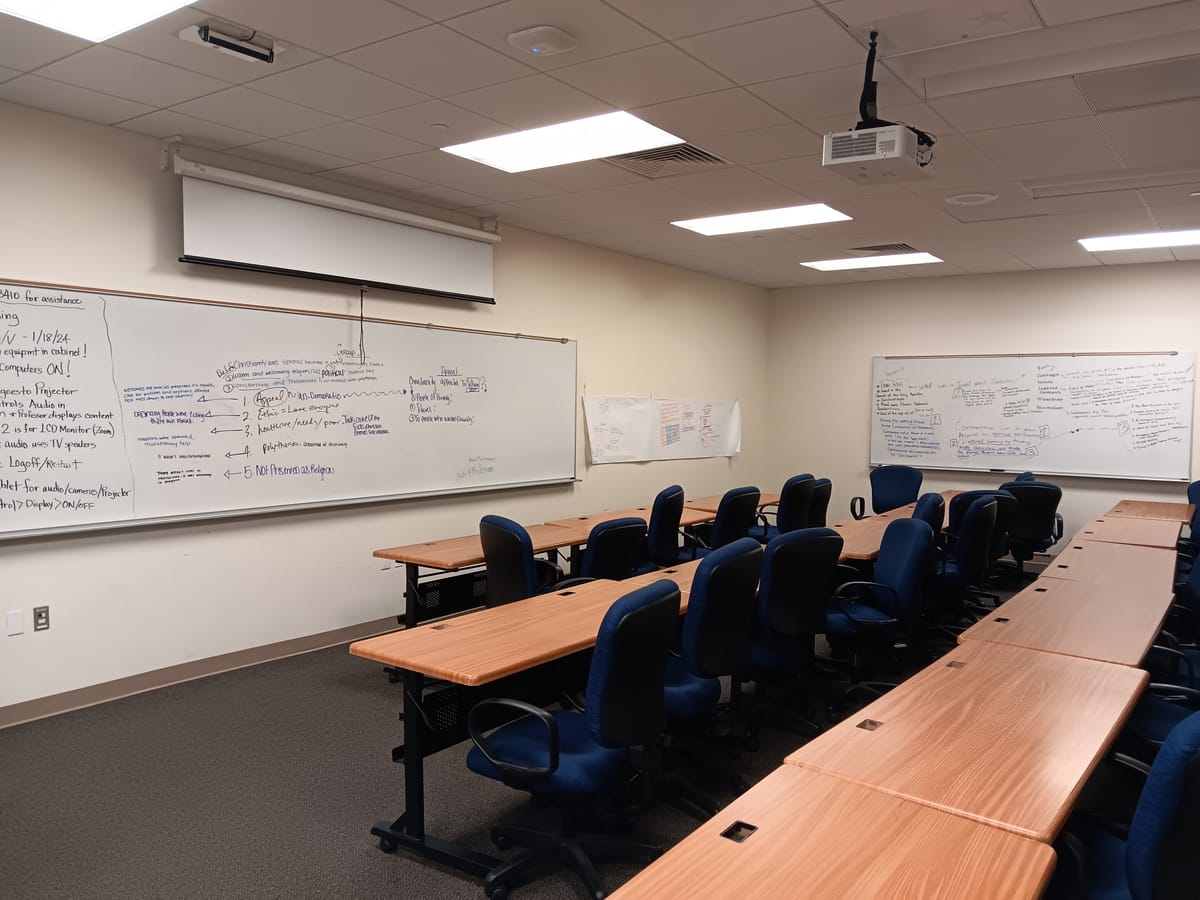
Conflict of Interest Statement: Tyess Korsmo is an HCU alum and has taught several English and history classes at the university. Dr. Louis Markos and Dr. Doni Wilson are his former professors.
Corrections: Dr. Louis Markos has taught at HCU for 33 years, not "nearly thirty." Dr. Dwain Wilson prefers to go by Dr. Randy Wilson.
Author

Assistant Reporter
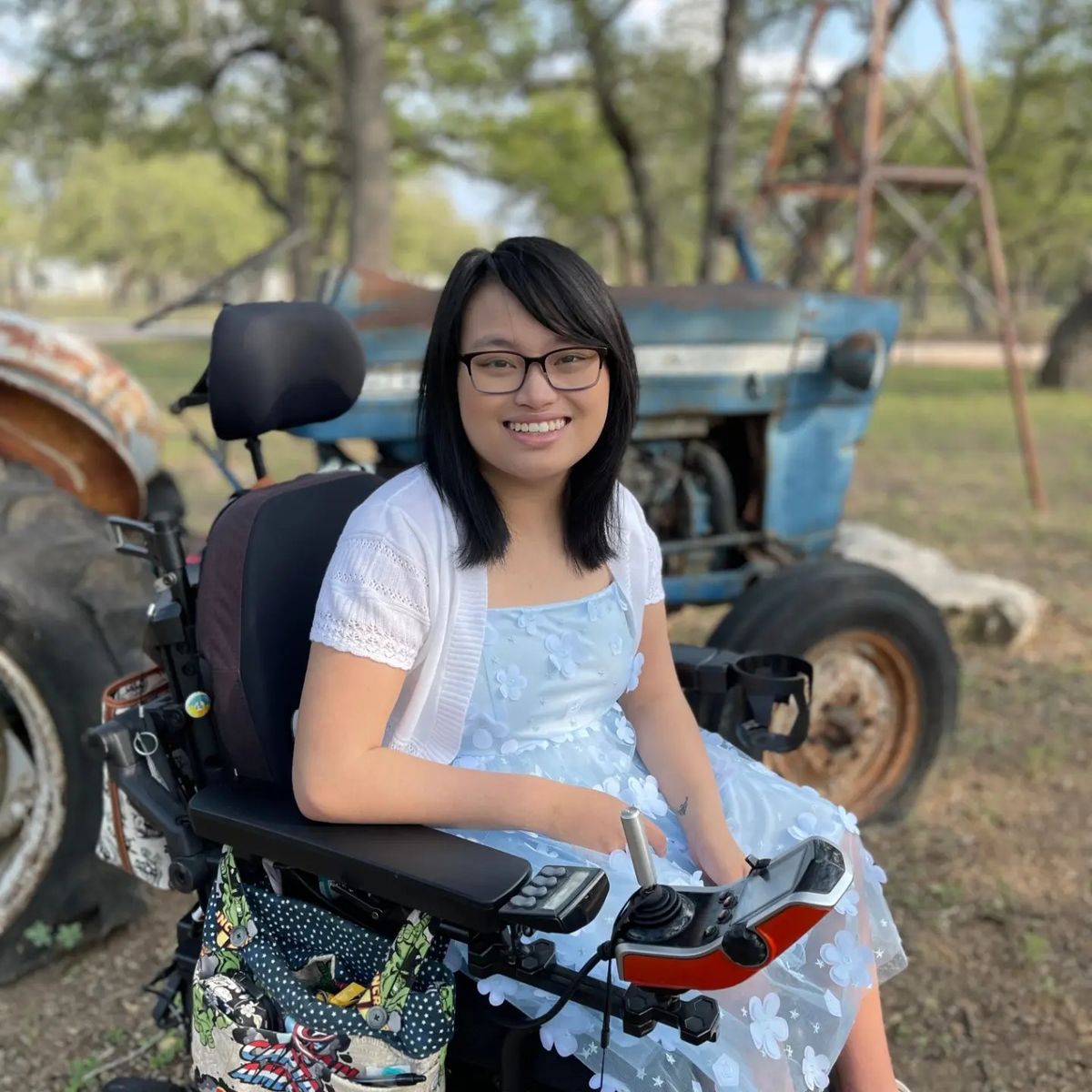
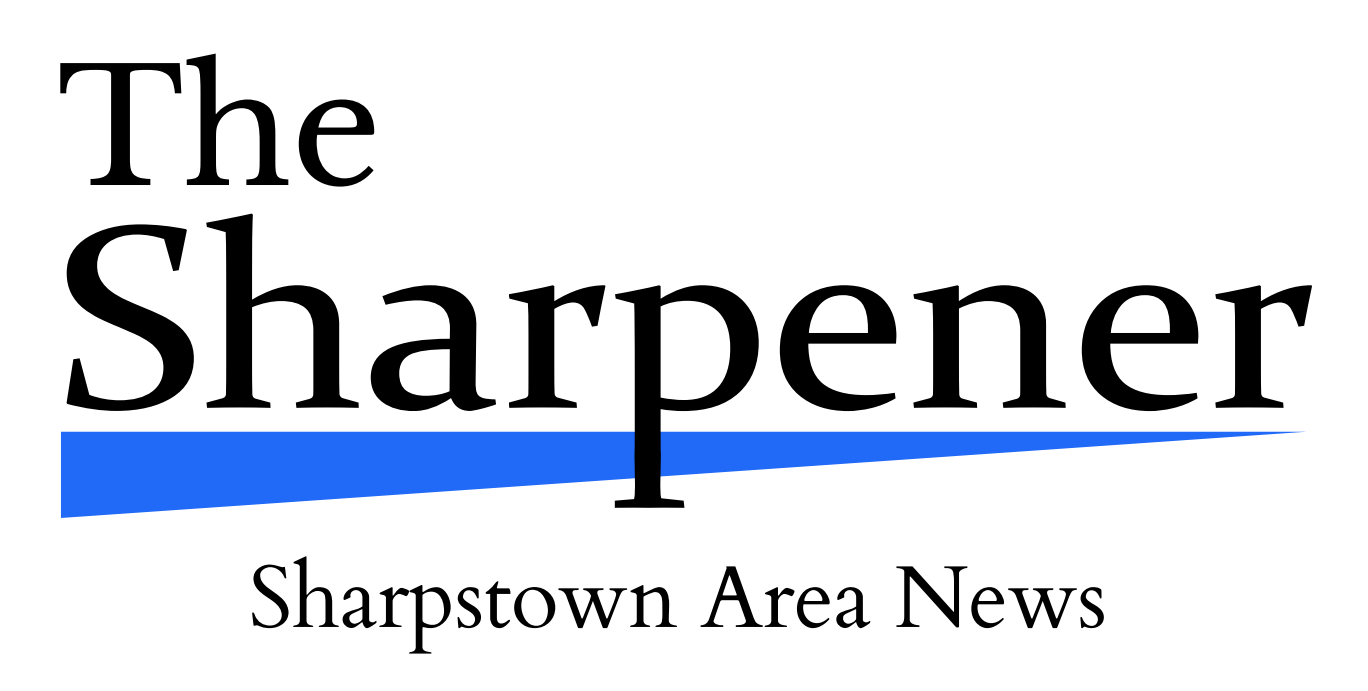

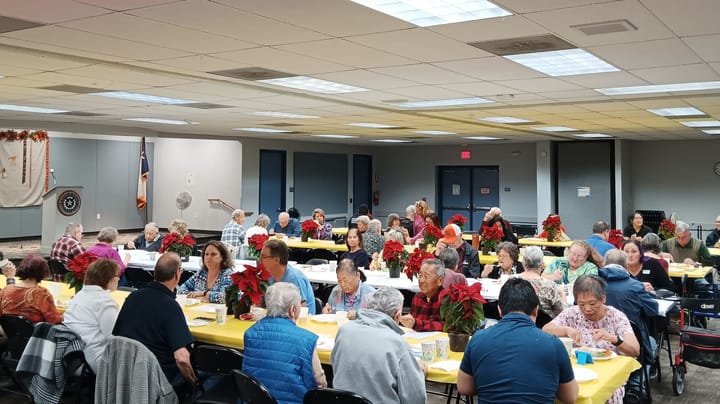
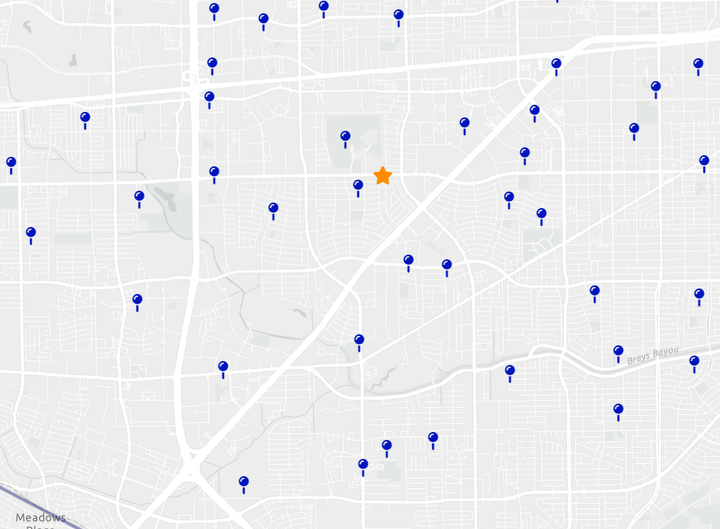
Comments ()